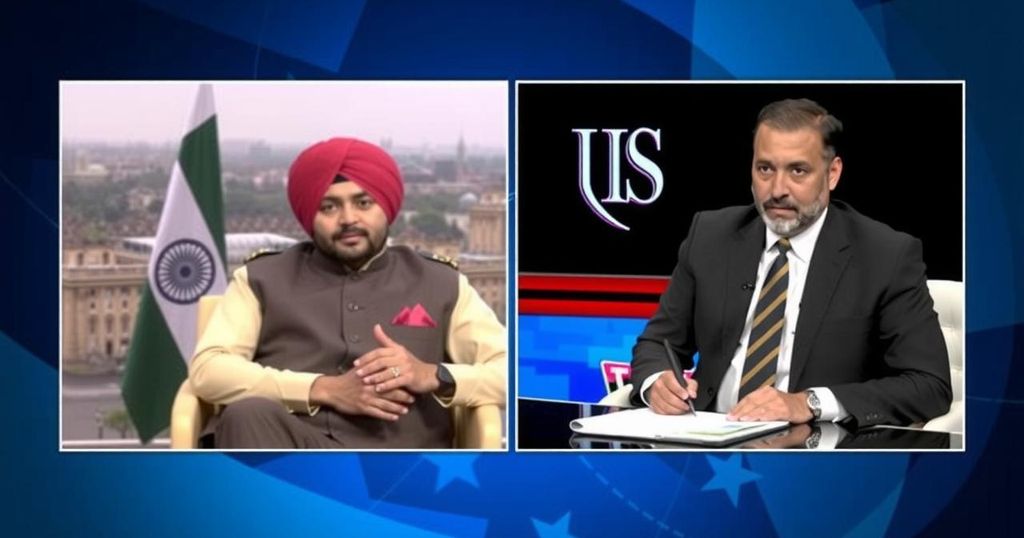Pakistan’s ISI chief visited Tajikistan amidst escalating tensions with the Taliban. Islamabad is contemplating cutting ties with the Wakhan corridor, while India’s Foreign Secretary engaged Taliban leaders in Dubai, raising questions about regional alliances and security.
The recent visit by Pakistan’s intelligence chief to Tajikistan has raised significant concerns among regional observers, particularly in light of heightened tensions along the Afghanistan-Pakistan border. This visit reportedly involved discussions with Afghan resistance factions opposing the Taliban, potentially marking a shift in the dynamics of the region. Simultaneously, Pakistan is contemplating the strategic implications of distancing itself from the Wakhan corridor, a vital route bordering Afghanistan. Furthermore, India’s Foreign Secretary engaged with Taliban representatives in Dubai, with assurances provided by Afghanistan regarding the non-use of its territory for operations against India. These developments indicate a complex web of relationships and ongoing confrontations, as historical allies like Pakistan and the Taliban enter a phase of increasing antagonism, while other powers maneuver strategically in the backdrop of border clashes.
The geopolitical landscape in the region has been evolving rapidly, particularly following the U.S. withdrawal from Afghanistan. The Taliban, once a former alliance of Pakistan, is now viewed with suspicion, prompting Islamabad to reassess its relationships with neighboring countries. Tajikistan plays a pivotal role in this recalibration, as its own security concerns about the Taliban influence and ongoing turmoil in Afghanistan intersect with Pakistan’s shifting stance. The implications of these maneuvers are profound, influencing not only regional security but also the relationships between broader global powers, including India, which continues to show an active interest in Afghanistan’s political landscape.
In summary, the visit of Pakistan’s ISI chief to Tajikistan signifies a critical juncture in regional security dynamics, emphasizing fracturing ties between Pakistan and the Taliban. The strategic considerations surrounding the Wakhan corridor and the interactions between India and the Taliban further compound the complexity of the situation. As regional powers continue to navigate these turbulent waters, the implications for security and diplomatic relations will remain profound.
Original Source: www.indiatoday.in






